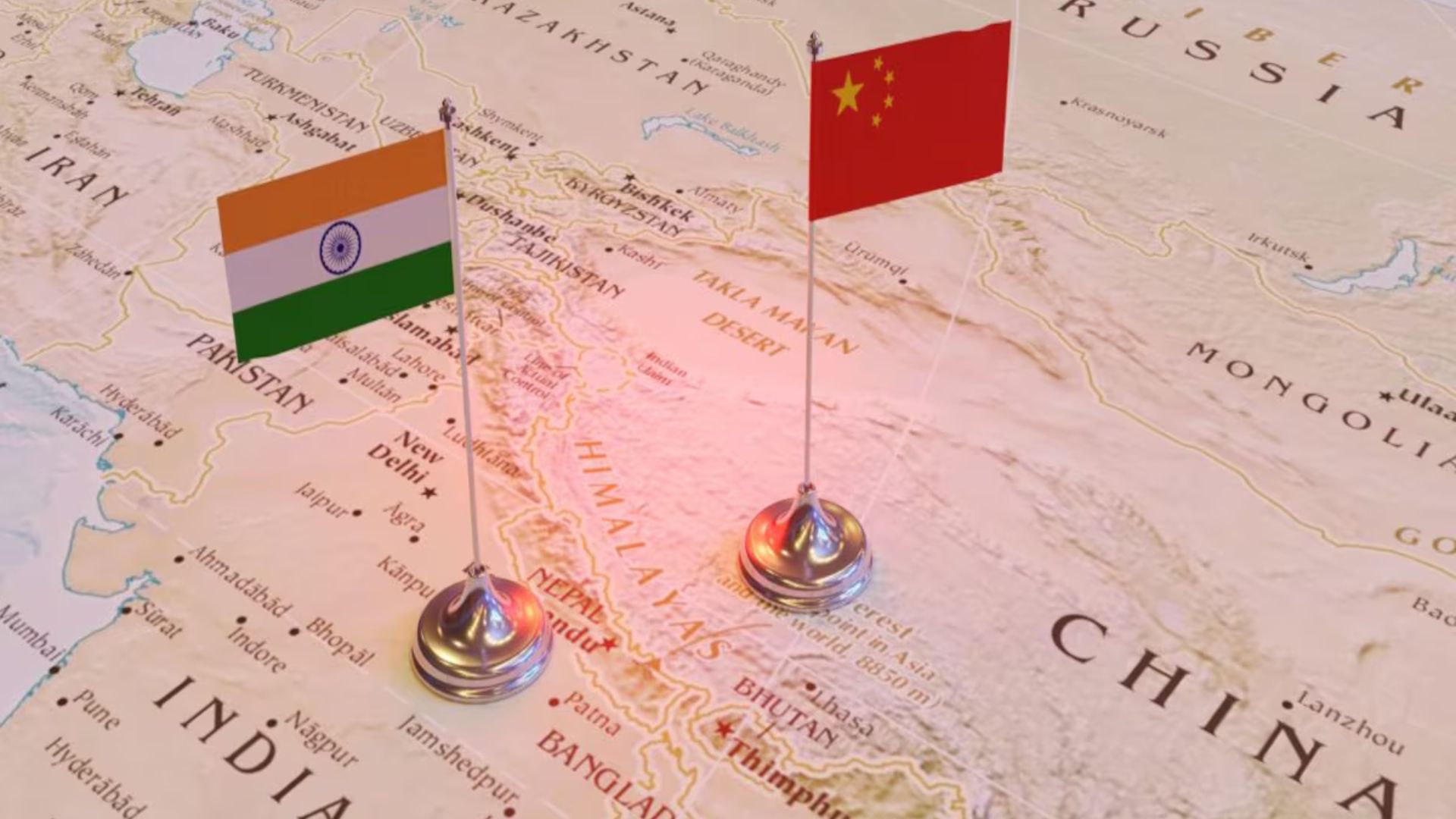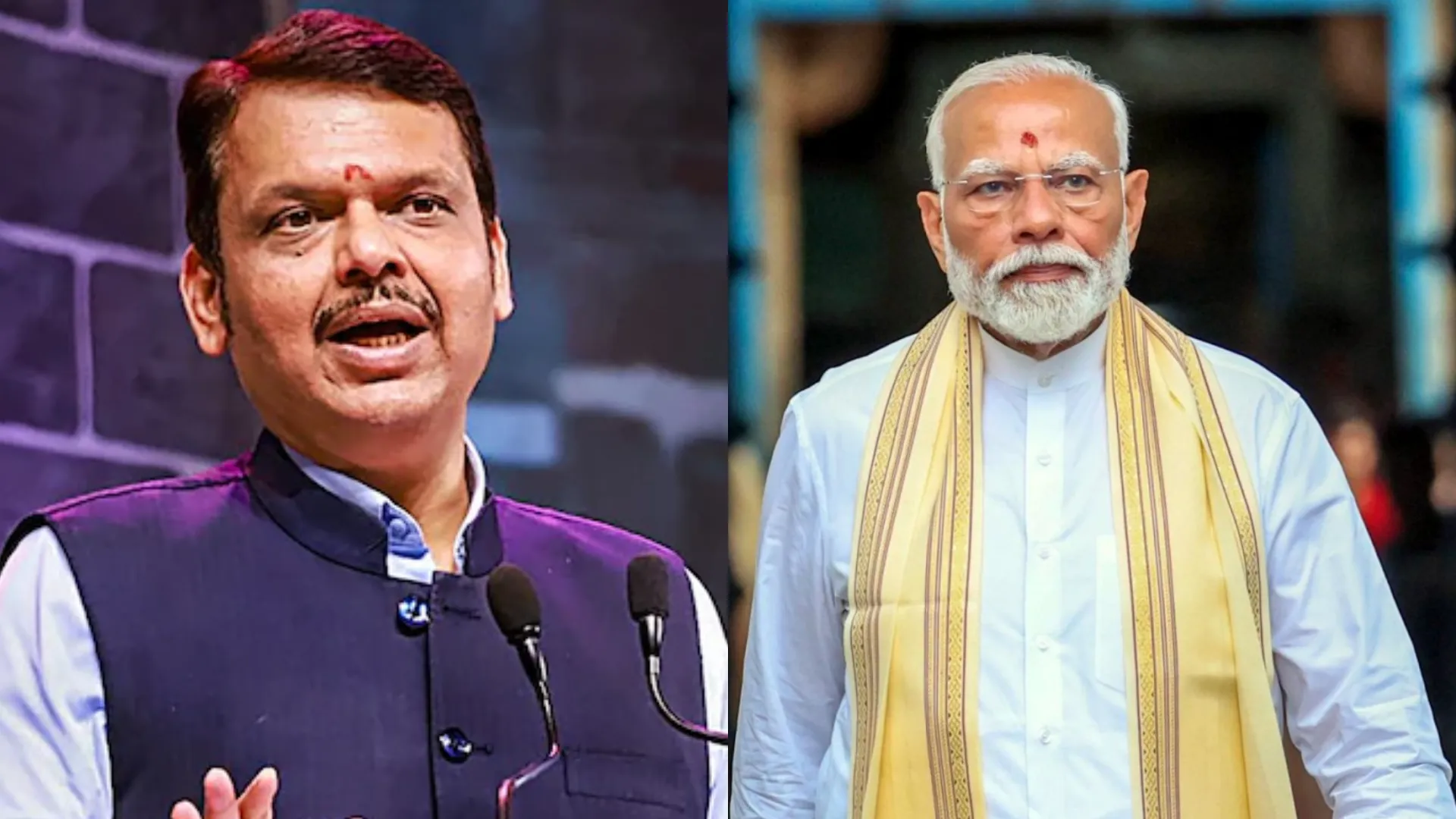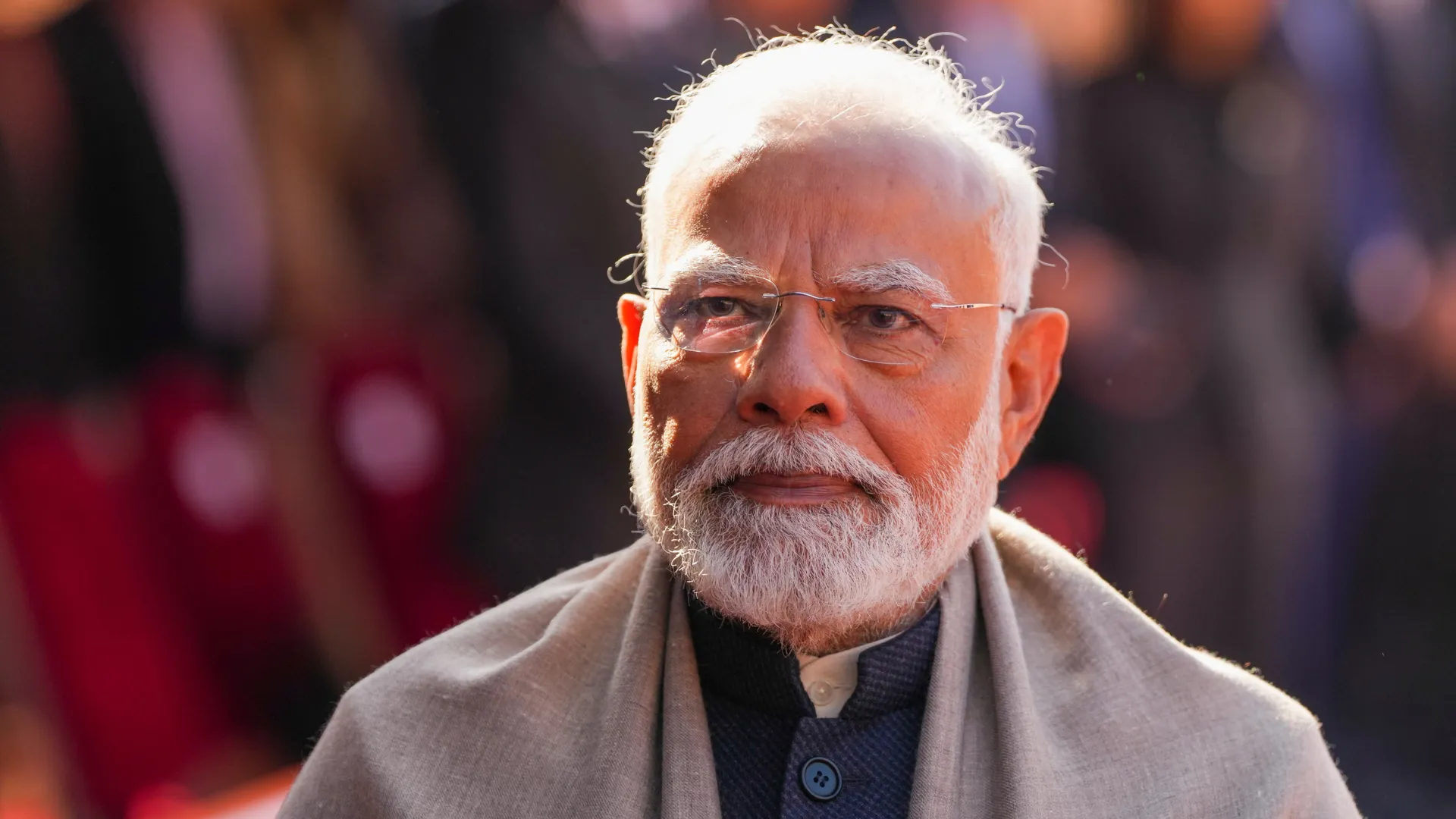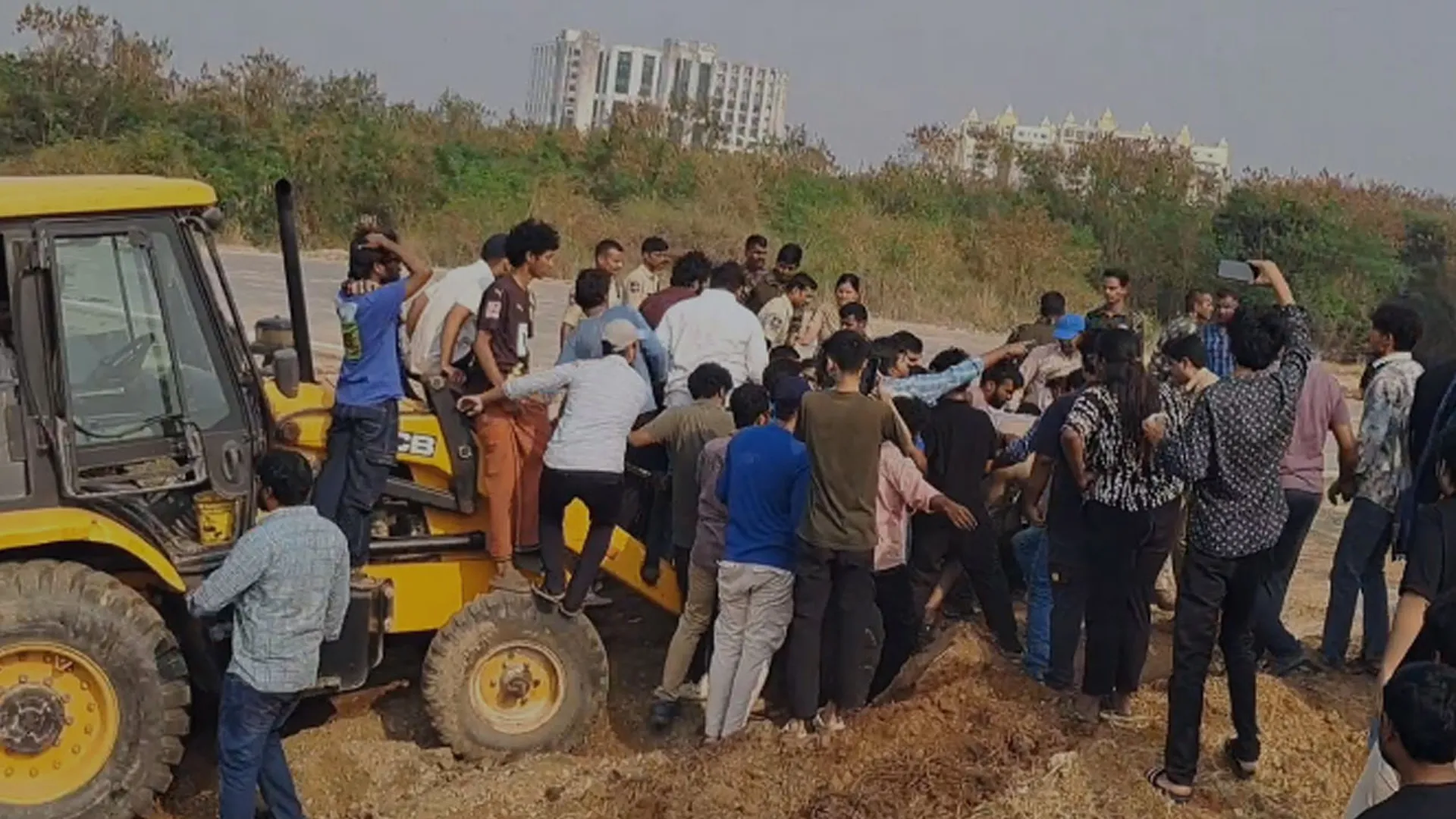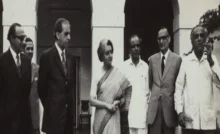Disengagement between the Indian and Chinese armies is ongoing in the Depsang plains and Demchok regions of Eastern Ladakh, according to defense sources. The process is expected to conclude soon, marking a significant step in reducing tensions in the area.
The Chinese Foreign Ministry confirmed on Friday that both nations’ frontier troops are actively engaged in necessary activities by the agreements reached regarding border issues. Spokesperson Lin Jian stated during a press briefing that the disengagement process is proceeding “smoothly.”
Recent Developments in Bilateral Relations
On October 21, India announced a new agreement with China concerning patrolling along the Line of Actual Control (LAC), effectively ending a military standoff that has persisted for over four years. During a recent event in New Delhi, Defense Minister Rajnath Singh highlighted the consensus achieved by both countries to restore the “ground situation” based on principles of equal and mutual security, which includes restoring traditional patrolling and grazing areas.
Singh emphasized the importance of ongoing dialogue between the two nations, expressing optimism that “solutions will emerge” through continuous engagement. He noted that discussions have taken place at both diplomatic and military levels to address differences along the LAC.
Leaders’ Meeting and Future Steps
The agreement follows a meeting between Prime Minister Narendra Modi and Chinese President Xi Jinping on the sidelines of the BRICS Summit in Russia, where both leaders welcomed the recent progress on patrolling arrangements. Foreign Secretary Vikram Misri, addressing media after the summit, reiterated the importance of not allowing boundary-related differences to disrupt peace and tranquility along the borders.
Misri also mentioned that the two leaders discussed the significance of special representatives in resolving boundary questions and maintaining peace in border areas. The restoration of peace and stability in these regions is expected to pave the way for normalizing bilateral relations, with officials set to explore enhanced strategic communication and dialogue in upcoming meetings.


